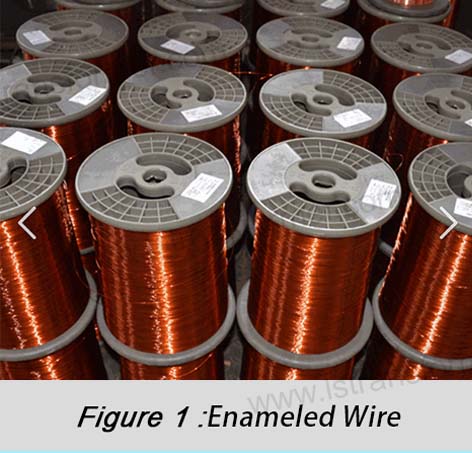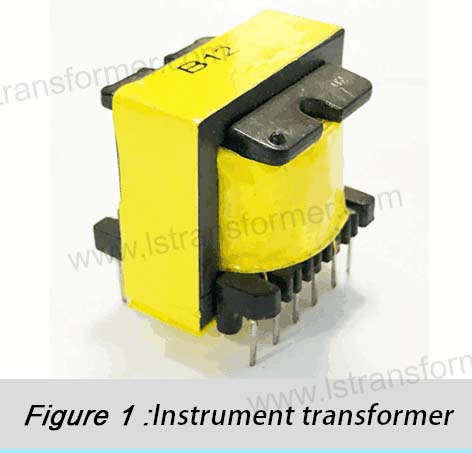What Impact Does Wire Quality Have on Transformers?
What Impact does Wire Quality have on Transformers?
As a fundamental component of transformer windings, the quality of wire has a profound and crucial influence on the overall performance, operational reliability, and service life of transformers. High-quality wire can ensure the stable and efficient operation of transformers, while defective wire may lead to a series of serious problems. The following details the specific impacts:
Content
● Insulation Performance
If there are quality defects such as sharp corners, burrs, or impurities on the wire surface, after being wrapped with turn insulation paper, these flaws can easily puncture the turn insulation, resulting in a local reduction of the turn insulation. When the transformer undergoes an induced high-voltage test, under the effect of high voltage, the electric field strength at the weak insulation points will increase sharply. Once the puncture of the turn insulation is relatively severe, the electric field strength will exceed the breakdown threshold of the insulation material, thereby triggering an insulation breakdown phenomenon. This will cause a short circuit in the transformer winding, a sharp increase in current, and may lead to the burning of the winding, severely affecting the normal operation of the transformer and even endangering the safety and stability of the entire power system.
In high-voltage and ultra-high-voltage transformers, the problems caused by the influence of wire quality on insulation performance are more prominent because of their high operating voltages and extremely strict insulation requirements.
● Electrical Parameters
Quality factors such as the purity of the wire material and the uniformity of the wire diameter are directly related to the electrical parameters of the transformer. If the wire material is impure and contains excessive impurities, its resistivity will increase, leading to an increase in the resistance of the winding. According to Joule's law, more heat will be generated when current passes through, increasing the transformer's losses and reducing its efficiency. Moreover, an uneven wire diameter will cause an uneven distribution of the winding's inductance, affecting the transformer's voltage regulation rate and the stability of the output voltage.
In distribution transformers with high requirements for voltage accuracy and transformers for precision instruments, the impact of wire quality on electrical parameters cannot be underestimated. Even a slight deviation may result in the output voltage not meeting the requirements and affecting the normal operation of electrical equipment.
● Mechanical Strength
High-quality wire should possess good mechanical strength and be able to withstand the tensile, bending, and other stresses during the winding process as well as the electromagnetic forces and vibrations during the transformer's operation. If the wire has insufficient mechanical strength, it may break during winding, leading to inaccurate winding turns and affecting the transformer's transformation ratio and other performance. During long-term operation, it is also prone to deformation and displacement due to electromagnetic forces and vibrations, destroying the structural integrity of the winding and further triggering inter-turn short-circuit faults.
In large power transformers, due to the large volume and heavy weight of their windings and the strong electromagnetic forces, higher requirements are placed on the mechanical strength of the wire to ensure the stability of the winding under complex working conditions.
● Heat Dissipation Performance
The quality of the wire also affects the heat dissipation effect of the transformer. If the wire surface is rough or there are impurities, it will impede the transfer of heat between the wire, the insulation material, and the cooling medium. For example, impurities may fill the tiny gaps between the wire and the insulation layer, reducing the thermal conductivity and making it difficult for heat to dissipate, resulting in an increase in the winding temperature. High temperature will accelerate the aging of the insulation material, shorten the service life of the transformer, and may even trigger a thermal breakdown in extreme cases.
In oil-immersed transformers with relatively poor heat dissipation conditions, the impact of wire quality on heat dissipation performance is more obvious. Good wire quality helps maintain a low-temperature operating environment for the winding.
In Summary
The quality of wire has an inescapable influence on multiple aspects such as the insulation performance, electrical parameters, mechanical strength, and heat dissipation performance of transformers. During the design, manufacturing, and maintenance of transformers, strict control of wire quality must be emphasized. From the selection of wire materials, production and processing to installation and use, relevant standards and specifications must be strictly followed to ensure that the transformer can operate safely, reliably, and efficiently, meeting the requirements of the power system and various electrical equipment.
Contact Us
LuShan, est.1975, is a Chinese professional manufacturer specializing in power transformers and reactors for 49 years. Leading products are single-phase transformer, three-phase isolation transformers,electrical transformer,distribution transformer, step down and step up transformer, low voltage transformer, high voltage transformer, control transformer, toroidal transformer, R-core transformer;DC inductors, AC reactors, filtering reactor, line and load reactor, chokes, filtering reactor, and intermediate,high-frequency products.
Our power transformers and reactors are widely used in 10 application areas: rapid transit, construction machinery, renewable energy, intelligent manufacturing, medical equipment, coal mine explosion prevention , excitation system, vacuum sintering(furnace), central air conditioning.
Know more about power transformer and reactor :www.lstransformer.com

 EN
EN
 FR
FR DE
DE ES
ES


